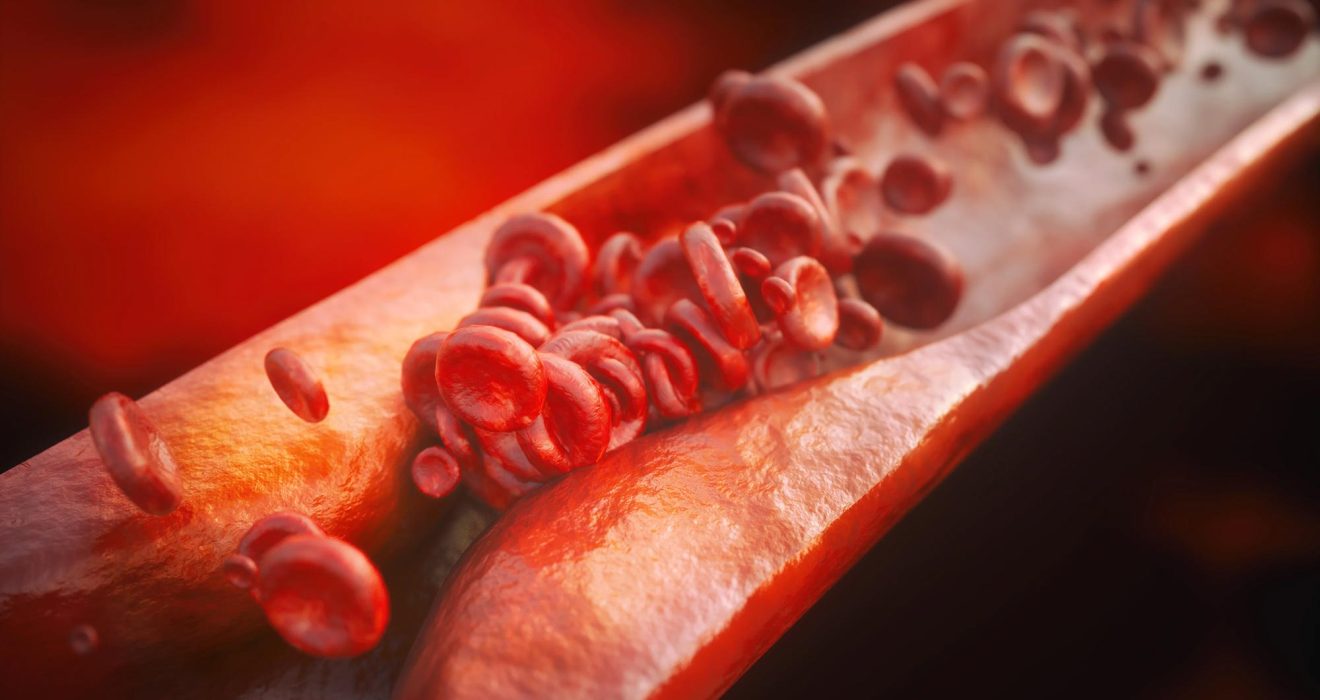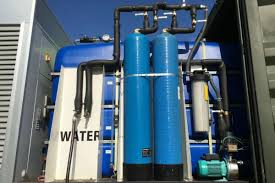Microscopic organisms called microbes are present in soil, water, and the air and are essential to preserving the ecosystem’s equilibrium. These microscopic organisms are essential to both human and environmental health, while frequently being linked to illnesses. Their capacity to detoxify contaminants, such as the extremely harmful chemical carbon monoxide [...]










